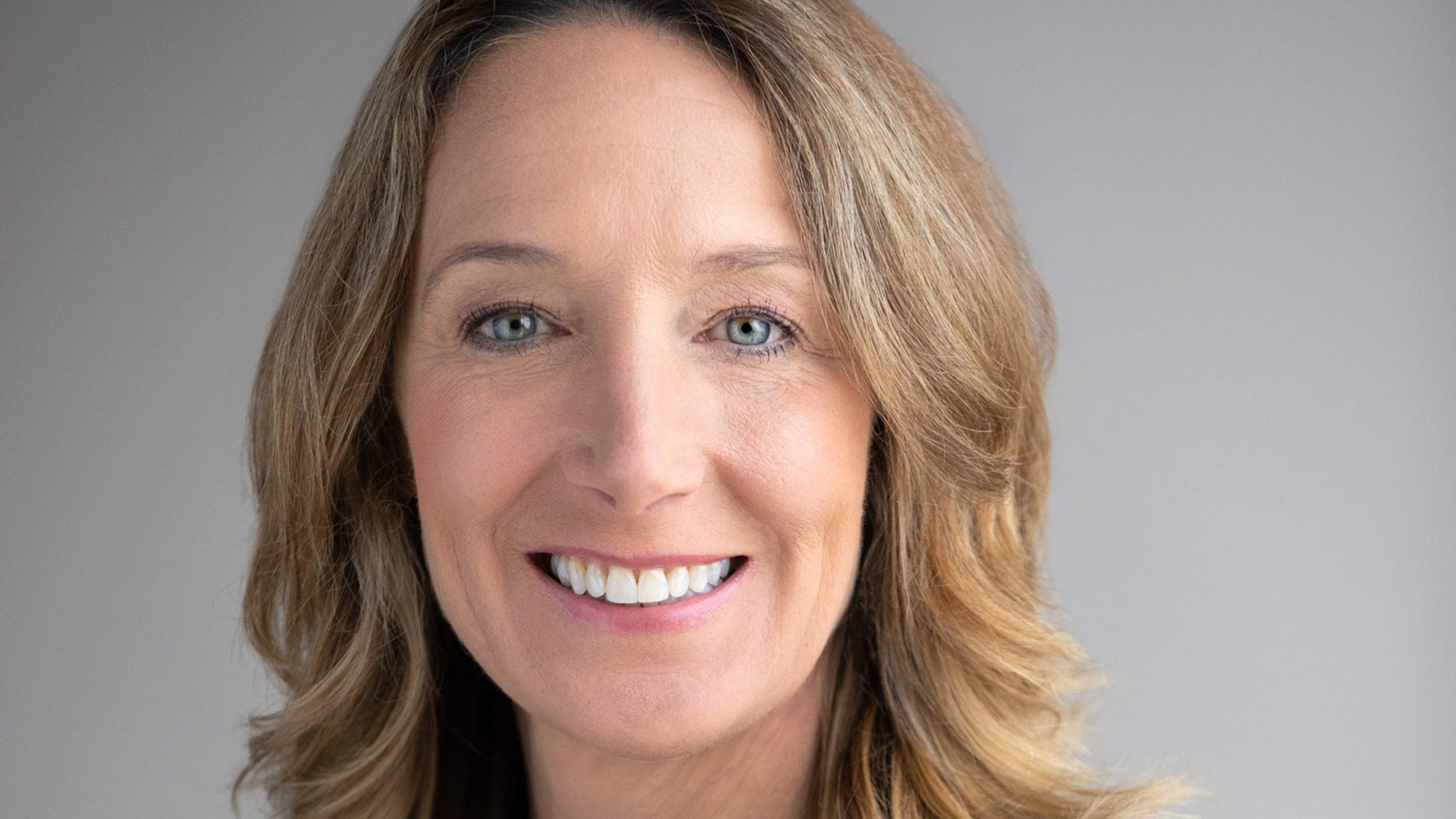
UnitedHealthcare's C-Suite Shakeup: A New CEO Takes the Helm
A Changing of the Guard
In a significant move, UnitedHealthcare has announced a major shakeup within its C-suite, with the departure of its long-time CEO, David Wichmann, and the appointment of Andrew Witty as his successor. The news has sent shockwaves through the healthcare industry, prompting both optimism and unease among stakeholders.
Witty's Background and Vision
Andrew Witty brings a wealth of experience to UnitedHealthcare, having served as the CEO of GlaxoSmithKline from 2008 to 2017. Under his leadership, GlaxoSmithKline underwent a significant transformation, focusing on innovation and collaboration. Witty has stated that he plans to bring this same approach to UnitedHealthcare, aiming to create a "healthier and affordable future for everyone."
Challenges Ahead
While Witty's appointment has been met with some enthusiasm, he will face a number of challenges in his new role. The healthcare industry is undergoing rapid changes, driven by technological advancements, shifting regulatory landscapes, and increasing cost pressures. UnitedHealthcare, as one of the largest health insurers in the United States, must navigate these changes effectively.
Industry Perspectives
The industry reaction to the C-suite shakeup has been mixed. Some analysts believe that Witty's experience in the pharmaceutical industry will be valuable in driving innovation at UnitedHealthcare. Others have expressed concern that his lack of experience in the insurance sector may be a hindrance.
Positive Perspectives:
- Witty's track record of innovation at GlaxoSmithKline suggests that he may be able to bring new ideas to UnitedHealthcare.
- His experience in global healthcare markets could help UnitedHealthcare expand its international footprint.
Critical Perspectives:
- Witty's lack of experience in the insurance industry may make it difficult for him to understand the unique challenges faced by UnitedHealthcare.
- His departure from GlaxoSmithKline in 2017 was accompanied by some controversy, raising questions about his leadership style.
Real-Life Examples
To provide a deeper understanding of the challenges and opportunities facing UnitedHealthcare under Witty's leadership, consider the following real-life examples:
Success: In 2015, under Wichmann's leadership, UnitedHealthcare launched OptumCare, a value-based care delivery system that has been praised for improving patient outcomes and reducing costs.
Challenge: In 2017, UnitedHealthcare faced criticism for its decision to drop coverage for certain transgender surgeries, highlighting the ethical and regulatory complexities of the healthcare industry.
Implications for the Future
The impact of UnitedHealthcare's C-suite shakeup will likely be felt for years to come. Witty's leadership will shape the company's strategic direction, its relationship with providers and patients, and its overall competitiveness in the healthcare market.
Potential implications include:
- Increased investment in innovation and technology
- Expansion into new markets and services
- Changes to the company's approach to value-based care
Conclusion
UnitedHealthcare's C-suite shakeup is a significant event that has the potential to reshape the company and the broader healthcare industry. Andrew Witty's appointment as CEO brings both opportunities and challenges. Only time will tell how his leadership will ultimately impact UnitedHealthcare and the millions of people it serves.

Posting Komentar